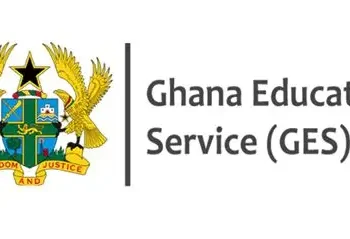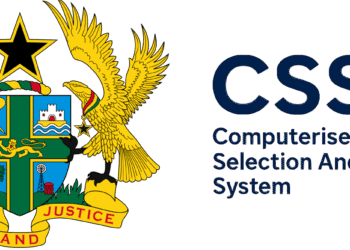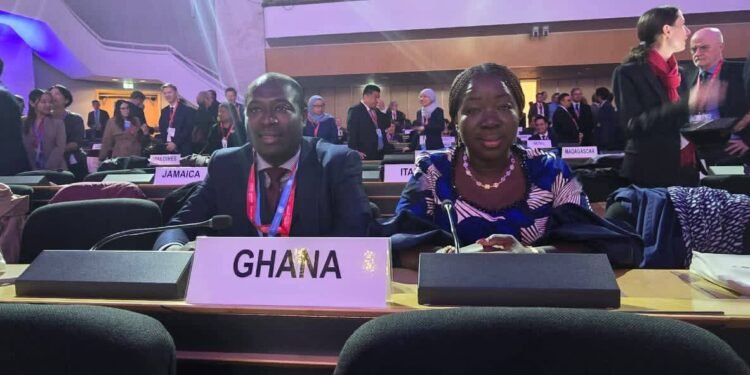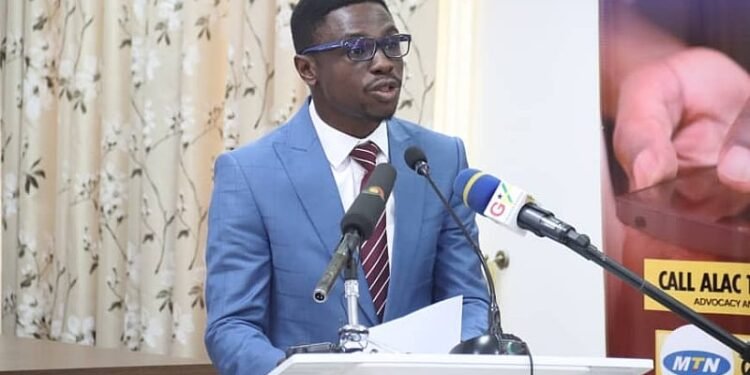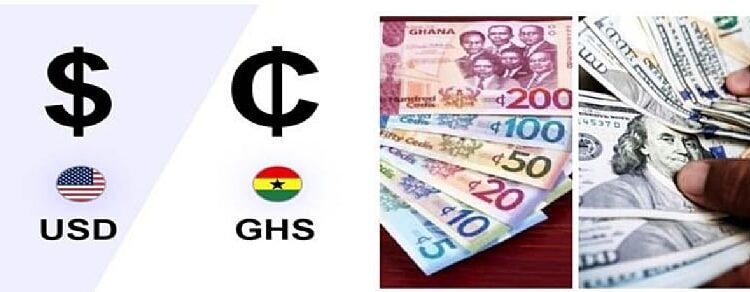The Executive Director of the Africa Education Watch (Eduwatch), Kofi Asare, has voiced significant concerns about the government’s strategy in funding the Basic Education Certificate Examination (BECE) and the West African Senior School Certificate Examination (WASSCE).
The leader of the leading education think-tank group, in a detailed critique, pointed out critical inefficiencies and financial strain in the current system that need urgent address to ensure sustainable and equitable education financing.
“Under the interventions budget of the Ministry of Education (MoE), the Government of Ghana (GoG) pays Basic Education Certificate Examination (BECE) and the West African Senior School Certificate Examination (WASSCE) fees for public school candidates. Prior to 2020, the MoE only paid for BECE.
“As part of the free SHS policy, the WASSCE registration fee was added in 2020, thereby increasing the financial responsibility. Prior, there were pockets of reports of some needy students occasionally facing challenges in paying their examination fees”.
Kofi Asare, Executive Director of Eduwatch
Mr Asare disclosed that the policy was intended to ensure that no student is denied the opportunity to complete their basic and secondary education due to financial constraints.
However, Mr Asare indicated that the inclusive approach of paying examination fees for all students, regardless of their financial status, has led to significant financial stress.
He mentioned that by June 7, 2024, government indebtedness to the West African Examinations Council (WAEC) for BECE and WASSCE fees reached GHC 340 million, with arrears dating back to 2022.
This debt accumulation according to Mr Asare highlights the unsustainable nature of the current financing model, especially in the face of economic challenges.
“In 2024, WAEC requires GHC 96 million from the government towards BECE; and another GHC 178 million for WASSCE. The budgetary culture since 2020 requires public pressure to be mounted on the government before making part payment to WAEC, sometimes, a few weeks to the examinations.
“The 2024 BECE starts on 7th July. At the time of writing this Policy Brief, the Ministry of Finance had released only GHC 49 million (51%) of the BECE budget, an amount to be fully received by WAEC in the week of 24th-28th June. In addition, WAEC is yet to receive any advance payment for WASSCE which starts four (4) weeks after BECE”.
Kofi Asare, is the Executive Director of Eduwatch
Impact on Examination Quality and Malpractice
Highlighting the impact of the government’s failure to pay its debt owed to the West Africa Examination Council, Mr Asare pointed out that the financial constraints not only affect WAEC’s operational efficiency but also contribute to increasing examination malpractice.
He indicated that the rate of examination malpractice in WASSCE has surged from 0.8% in 2018 to 10% in 2023, attributing the situation to poor invigilation and supervision, driven by inadequate funding.
“Eduwatch has in response, recommended the use of non-teachers as WASSCE invigilators and supervisors until WAEC develops capacity to adopt e-testing and Closed-Circuit Television (CCTV) technology at all centres.
“However, the financial realities confronting WAEC virtually confine it to the teacher invigilation and supervision arrangement since it allows for flexibility in paying invigilation and supervision fees, sometimes up to a year after the exam. The fiscal constrictions suggest WAEC may not be able to fund any such comprehensive reform, giving very little hope in the battle against exam fraud, especially at the center level”.
Kofi Asare, is the Executive Director of Eduwatch
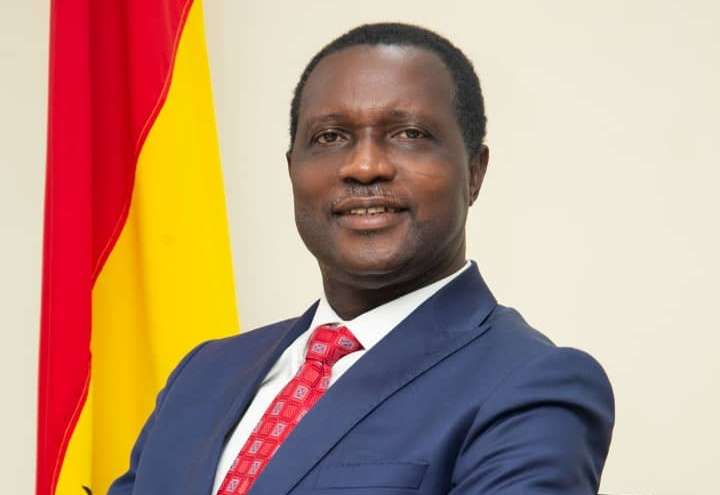
Budgetary Uncertainties
Moreover, the Executive Director for Africa Education Watch expressed deep concerns over the reliability of funds allocated for the funding for BECE and WASSCE fees.
He noted that while the funding of the pre-tertiary education good and service portion of the budget comes from two primary sources, including the Government of Ghana’s direct funding and the Annual Budget Funding Amount (ABFA), derived from petroleum revenues, the latter is more reliable than the other.
He pointed out that unfortunately, the Annual Budget Funding Amount, the most reliable source is entirely committed to the free SHS program, leaving the examination fees dependent on the less predictable GoG funding.
This dependency, he emphasized is a major cause of the delayed payments by the government to the West Africa Examination Council.
Inefficiency in the Current Approach
Mr Asare strongly criticized the current approach as cost-inefficient, asserting that the government’s policy of paying fees for all students, regardless of need, fails to target the core issue—the financial inability of needy students.
“At Eduwatch, efficiency is defined by whether the approach to solving the defined problem is among the lowest cost approaches for effectively and sustainably addressing the problem. To wit, if the approach to solving the problem is among the most expensive, the intervention lacks efficiency, even though it may be effective by way of achieving its objectives”.
Kofi Asare, is the Executive Director of Eduwatch
Proposing Targeted Assistance
To alleviate financial burdens and enhance efficiency, the Executive Director of Eduwatch called for a targeted approach, arguing that at the basic education level, most public school students are from low-income families, however, such assumption does not hold for secondary school students, many of whom attended private basic schools and are financially capable of paying their WASSCE fees.
Mr Asare therefore proposed requiring parents who can afford the fees to pay or at least providing evidence of financial incapacity for those seeking assistance.
This targeted approach, common in more advanced economies, Mr Asare argued would significantly reduce the financial burden on the government.
He also pointed out that targeting financial assistance would not only ease the government’s financial strain but also free resources for other critical areas within the education sector.
“While the Goods and Services budget of MoE averages 20 per cent of the total education expenditure for 2017-2022, that allocation to pre-tertiary education is heavily dominated by free SHS (96.5%) and the BECE/WASSCE fees (1.5%), with Capitation Grant receiving and allocation of only GHC 11 million, against the required GHC 60 million in the main budget”
Kofi Asare, is the Executive Director of Eduwatch
In addition, the Executive Director of Eduwatch, Kofi Asare called for immediate budgetary reforms to ensure timely fund disbursements.
He advocated that half of the examination fee budget be charged to the reliable ABFA, mitigating the risk associated with delayed Government of Ghana’s releases.
READ ALSO: Next Government to Face Hefty Debt Burden, Warns Former Finance Minister Terkper





